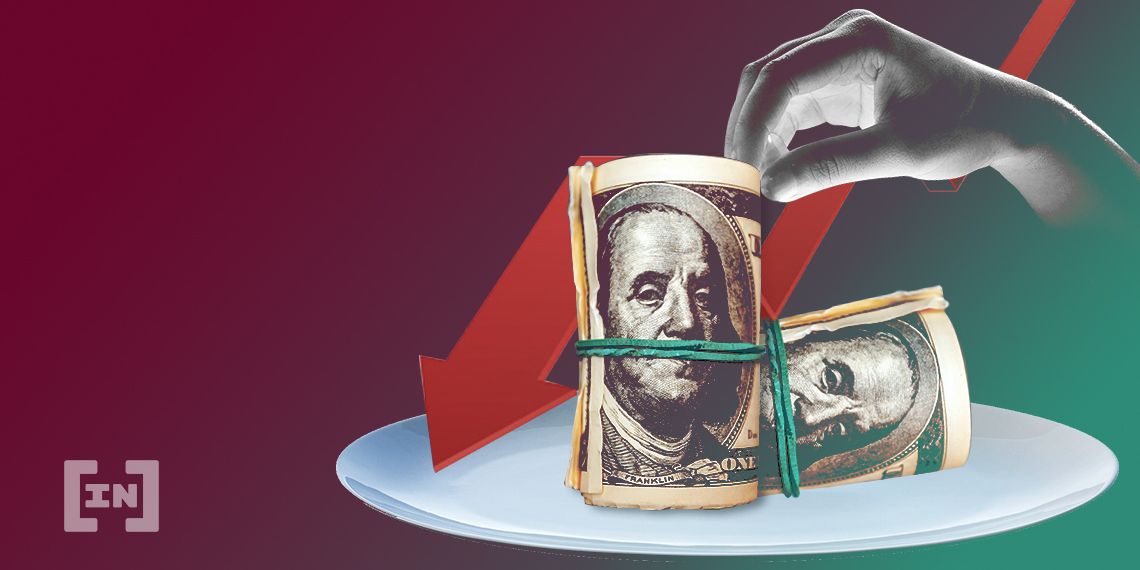The price of gold and other store-of-value assets are not good indicators of inflation, according to one Bank of England (BOE) analyst. Gertjan Vlieghe, previously a Deutsche Bank AG bond expert, told officials that elevated gold prices do not offer a predictive capability.
The testimony came as members of England’s central bank were called as witnesses before the Treasury select committee of MPs. The group is studying the impact of COVID-19 on the economy to determine future stimulus measures.
Hedge Assets’ Meteoric Rise
Gold prices have recently risen to new all-time high levels, crossing above $2,000 in early August. Since that time, the price has retreated moderately, settling just under $1,950 per ounce. However, given that the precious metal began the year at $1,250, the current pricing reveals just how much fear is in the market. Investors generally move into hedge positions like gold when they believe inflation could wipe out interest and returns on other investments.

Reflector or Predictor?
Vlieghe’s position is that these asset increases and decreases are not a predictor of future inflation. Instead, they represent a reflector of investors’ sentiment regarding the potential for inflation. When stimulus checks and liquidity pumped into the market, investors saw this activity as a certain guarantee of future inflation. Even the Federal Reserve’s recent policy shift sent investors scurrying out of inflation-sensitive positions. Nevertheless, these actions simply reflect fear in the market, rather than predicting where the market will go in future trading. For that type of analysis, investor sentiment is not always a helpful tool. The testimony also revealed that the U.K.’s gross domestic product (GDP) will likely fall at least 9.5% this year. The BOE team believes the British economy will require several years to recover back to pre-COVID levels.Disclaimer
In line with the Trust Project guidelines, this price analysis article is for informational purposes only and should not be considered financial or investment advice. BeInCrypto is committed to accurate, unbiased reporting, but market conditions are subject to change without notice. Always conduct your own research and consult with a professional before making any financial decisions. Please note that our Terms and Conditions, Privacy Policy, and Disclaimers have been updated.

Jon Buck
With a background in science and writing, Jon's cryptophile days started in 2011 when he first heard about Bitcoin. Since then he's been learning, investing, and writing about cryptocurrencies and blockchain technology for some of the biggest publications and ICOs in the industry. After a brief stint in India, he and his family live in southern CA.
With a background in science and writing, Jon's cryptophile days started in 2011 when he first heard about Bitcoin. Since then he's been learning, investing, and writing about cryptocurrencies and blockchain technology for some of the biggest publications and ICOs in the industry. After a brief stint in India, he and his family live in southern CA.
READ FULL BIO
Sponsored
Sponsored

